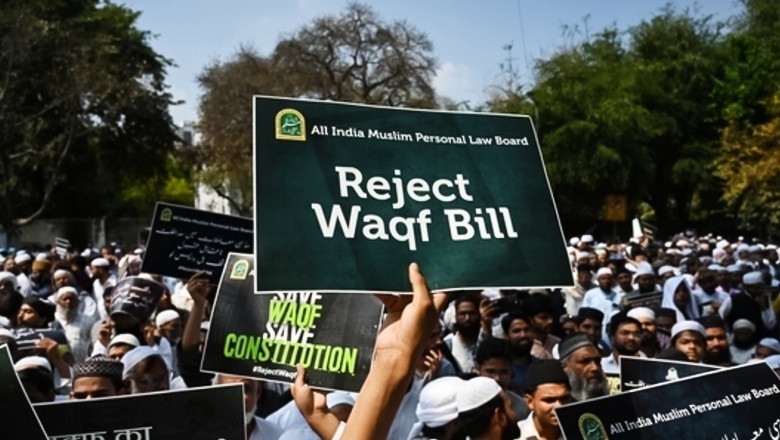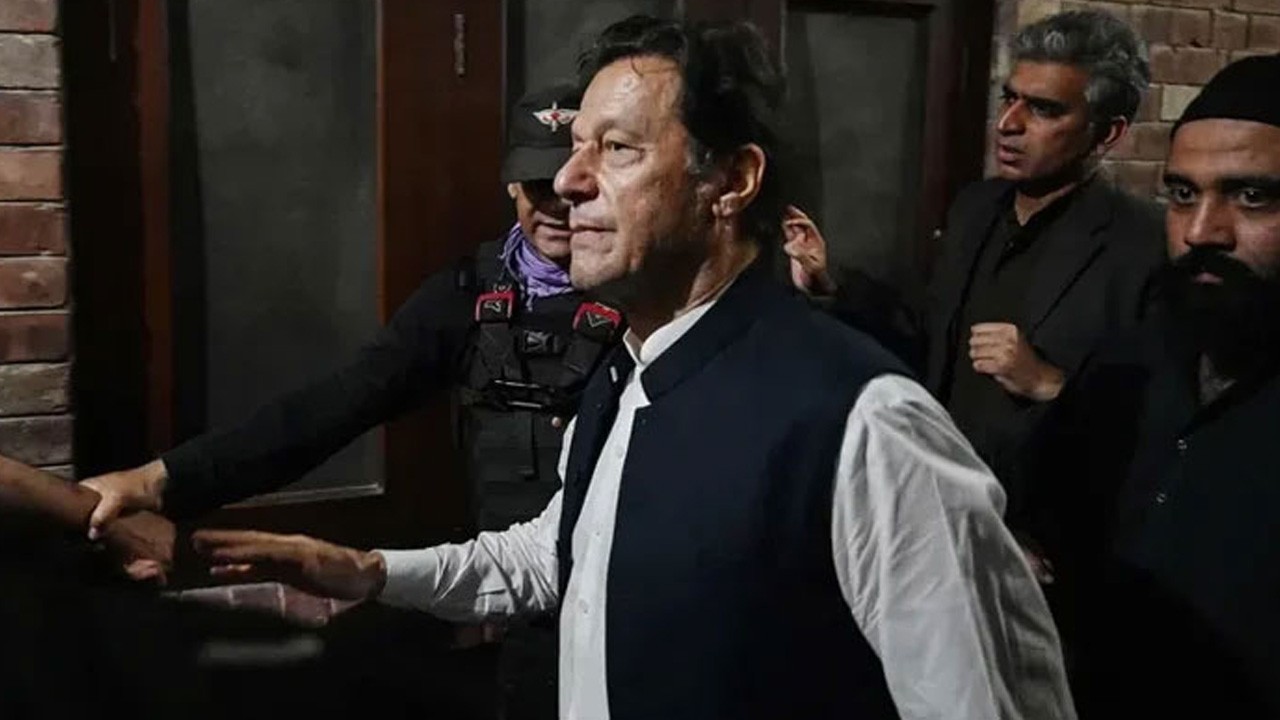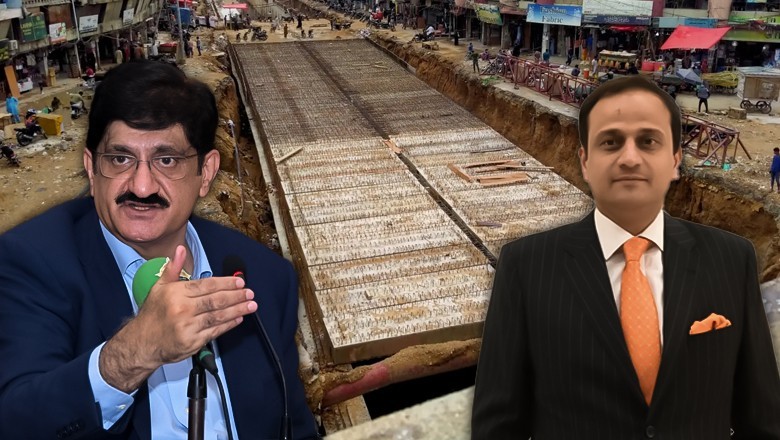Indian Muslims outraged as Modi govt seeks to seize their endowments through Waqf Bill

Web Desk
|
3 Apr 2025
India's lower house of parliament passed a controversial bill on Thursday aimed at amending laws governing Muslim endowments, known as waqf, which are valued at over $14 billion.
The legislation, backed by Prime Minister Narendra Modi's Hindu nationalist government, seeks to add non-Muslim members to the boards overseeing these endowments and grant the government greater authority in verifying land ownership.
Waqf refers to property that Muslims donate permanently for religious or charitable purposes. These endowments, dating back centuries, support mosques, seminaries, graveyards, and orphanages.
The bill's approval has raised concerns among Muslims, who fear it could lead to the confiscation of their historic religious properties.
Read: UK govt flags ‘Hindu nationalist extremism’ as national security threat: report
Earlier, opposition parties in India accused Prime Minister Narendra Modi’s government of seeking a way for the “seizure and destruction” of Muslim endowments by introducing the controversial Waqf Amendment Bill that would strip Muslims of their rights and confiscate their properties.
The bill was originally presented in August 2024, seeking to change how properties worth billions of dollars donated by Indian Muslims over centuries are governed.
Prime Minister Narendra Modi’s government presented the bill in the parliament with multiple changes in an existing law and it is currently under discussion in the Lok Sabha (lower house).
The government argued that the bill would bring transparency into the management of waqf.
However, the opposition parties and Muslims opposed the bill, describing it as an attempt to weaken the constitutional rights of India’s largest minority.
The bill required half of the majority of Lok Sabha 272 votes, but key opposition parties, including the Congress, are expected to vote against it.
Read: Mob burns, desecrates Holy Quran verses in India’s Nagpur, police impose curfew
After getting lawmakers’ approval from Lok Sabha, the bill will be sent to the Rajya Sabha, the upper house, for further discussion of the switch in the law.
If both houses pass it, the bill will require President Droupadi Murmu’s assent before becoming law.
However, the leader of the opposition in Rajya Sabha declared the bill as “the unconstitutional and divisive agenda of the Modi government on the Waqf Amendment Bill.”
Muslim politicians maintained that the bill “aims to weaken the waqf laws and pave the way for the seizure and destruction of waqt properties.”
Jamaat-e-Islami Hind (JIH) called the Waqf Bill "highly condemnable" and warned that it may lead to legislative discrimination against Muslims. The organisation stated that the bill undermines the rights of Muslims to manage their religious and charitable endowments independently.
What's in the Amendments?
The waqf properties, including mosques, madrassas, shelter homes and the lands extending over thousands of acres were donated by Muslims, and these properties have historically been managed by waqf boards and are legally protected from sale or repurposing.
The waqf is a charitable or religious donation made by Muslims to facilitate their community.
Read: Hindutva mob attacks mosque during Holi celebration in Maharashtra
According to the government, India's waqf boards possess an enormous portfolio of properties, with approximately 872,351 assets spread across over 940,000 acres. The estimated value of these properties was a staggering 1.2 trillion Indian rupees, equivalent to around $14.22 billion or £11.26 billion.
Critics of the bill argue that it gives the government excessive control over managing waqf endowments and deciding which properties qualify as waqf.
Another contentious proposal was the inclusion of two non-Muslim members on waqf boards, which oversee these properties.
Opponents point out that most non-Muslim religious institutions don't allow people from other faiths to participate in their administration, making this provision unfair and inconsistent with existing practices.












Comments
0 comment